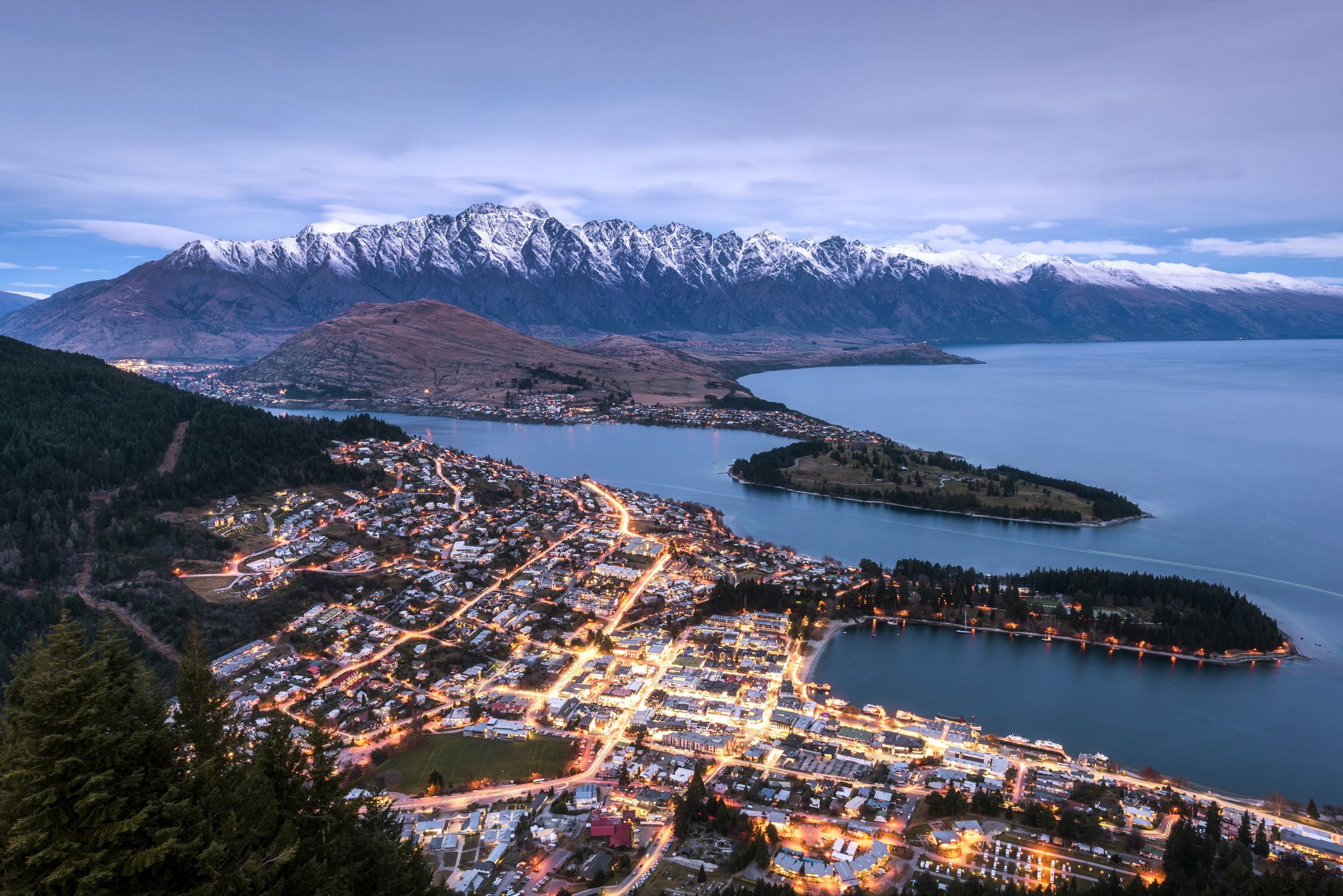Liberalism on the Far Side of the Earth: Jacinda Ardern and New Zealand Politics
Geraint Hughes
Move over Merkel, and tell May the news, for there is a new progressive female leader on the world stage. Jacinda Ardern, 38 year-old Prime Minister of New Zealand, has been taking the liberal world by storm since her election August 2017; with her youth, energy, and photogenic looks (sorry Justin Trudeau). There is even a term for it-Jacindamania, which catapulted her Labour Party to a 14-seat gain in the New Zealand government, defeating the conservative National Party. As New Zealand has a parliamentary system, Labour’s gains allowed them to form a minority coalition government, giving Ardern the premiership (making her PM). Since then Ardern has captured hearts across the world, with many liberals choosing to see her as an anti-Trump figure. And there is no denying that between her socialist politics, respect for New Zealand traditions (particularly the indigenous Maori), and her use of Facebook Live videos to connect with Kiwis have all served to set her apart from the far more pugnacious style of politics that Trump has embraced in the US. But by far the most conspicuous example of this has been her pregnancy: Ardern is the second world leader after Pakistan’s Benazir Bhutto to give birth in office, and unlike Bhutto she has been very open about her pregnancy. Ardern took six weeks of paid maternity leave, and her partner, fishing documentarian Clarke Gayford will be a stay-at-home parent. It is hard to imagine any American President taking paid parental leave (man or woman) without an avalanche of criticism from all sides, particularly in the age of Trump.
I must admit that Jacinda Ardern, with her socially liberal policies (seeking to expand access to abortion, reform welfare, and promoting LGBT rights) and typical Kiwi cheer, is a soothing tonic to the never-ending crises that seem to be devouring America. But New Zealand politics contain more depth than what the superficial image of mountain lakes and Lord of the Rings sets presents. The current Labour Party rules in a coalition with the support of the Green Party (who are closely aligned with Labour, with more focus on environmental and nuclear issues), and most importantly with the support of the New Zealand First Party. The NZ First is led by the charismatic and populist Winston Peters and has a platform of nationalist and protectionist policies. Chief among them are sharply reducing immigration, having more popular referendums (much like California’s propositions), and reducing the size of the government. An analogy from American politics to describe New Zealand First would be combining much of Trump’s rhetoric and policies with Bernie Sanders’s grassroot populism. By governing in a coalition, NZ First has the deciding votes on many measures that Labour tries to pass.
While in the US and Western Europe this coalition of populist right and social left would make strange bedfellows, in New Zealand, they can both agree on several issues, chiefly immigration. One of Labour’s campaign promises in 2017 was reducing net immigration by 20-30,000 people per year, and they have recently passed a measure banning the sale of homes in New Zealand to foreigners. All of this is due to a growing wave of popular resentment against the effects of globalization, particularly about the cost of housing, which has risen over 75% in the city of Auckland over the past four years. Many blame wealthy East Asians, looking to invest their holdings outside the reach of authoritarian regimes. Others point at wealthy American survivalists, looking to New Zealand as a refuge in case of societal collapse. The best example of the latter group is well known conservative entrepreneur Peter Thiel, the founder of Pay-pal and Palantir. Thiel has invested heavily in New Zealand property and became a citizen of the country in 2011, despite never having lived in New Zealand. This absolutely infuriated many Kiwis, who saw the government as auctioning off citizenship to wealthy magnates with the ability to invest in the country, and became emblematic of a culture of rich Americans seeking to ride out the coming apocalypse in Kiwi comfort.
I hope that these points serve to complicate the picture of New Zealand as an idyllic mountain paradise with a friendly Prime Minister and moderate liberal policies. The truth of the matter is that Kiwi politics are not straightforward and are motivated by economic stresses-especially a backlash against globalism in the form of land purchases. New Zealand is just as susceptible to nationalism and protectionism as any other Western nation at the moment, as proven by having its own moderately successful far-right party in New Zealand First. What is unique is that this backlash is in part motivated by a famous conservative investor gaining citizenship, leading to a socially liberal party adopting protectionist policies in coalition with a far-right party.
On a final, personal note, I would like to say that I agree with many of the concerns and anxieties expressed by my fellow Kiwis. Living in the Bay Area, high housing prices are also a source of constant concern, and I understand the anger at American survivalists looking to escape the woes that they helped create in America. Americans, instead of looking to jump ship to Canada or New Zealand or whatever other First World English-speaking country holds their fancy when a government they dislike is elected or the societal burdens caused by wealth inequality grow too acute, should look to fix these issues in America instead. If you really hate Trump, don’t move to New Zealand. I promise in Winston Peters you will find a far more effective nationalist. Instead, look to understanding what caused the rise of both and look to appreciate New Zealand for more than just its natural beauty or the Lord of the Rings. I promise it’s a nation with its own issues, idiosyncrasies, and character; just as America is.
